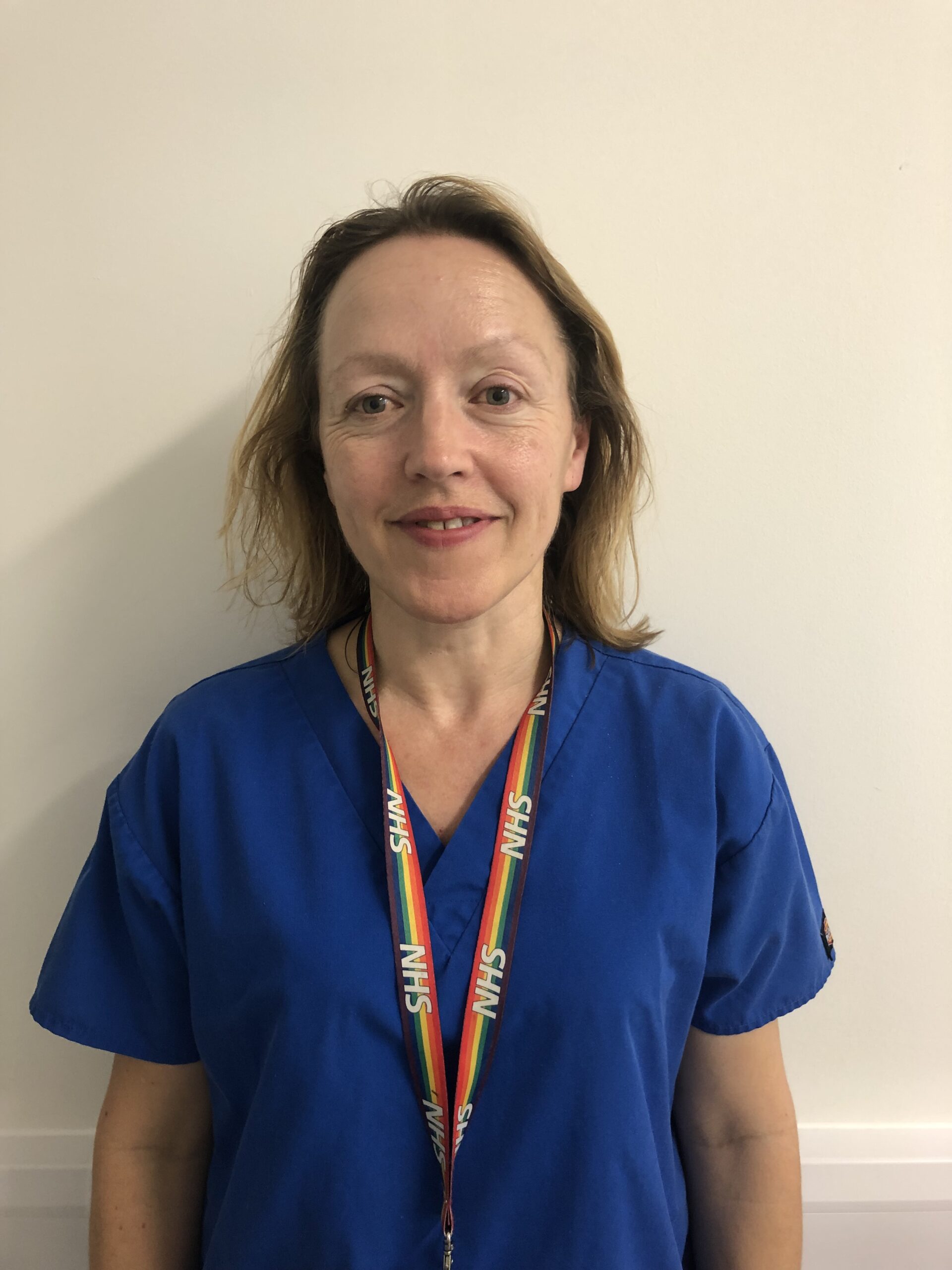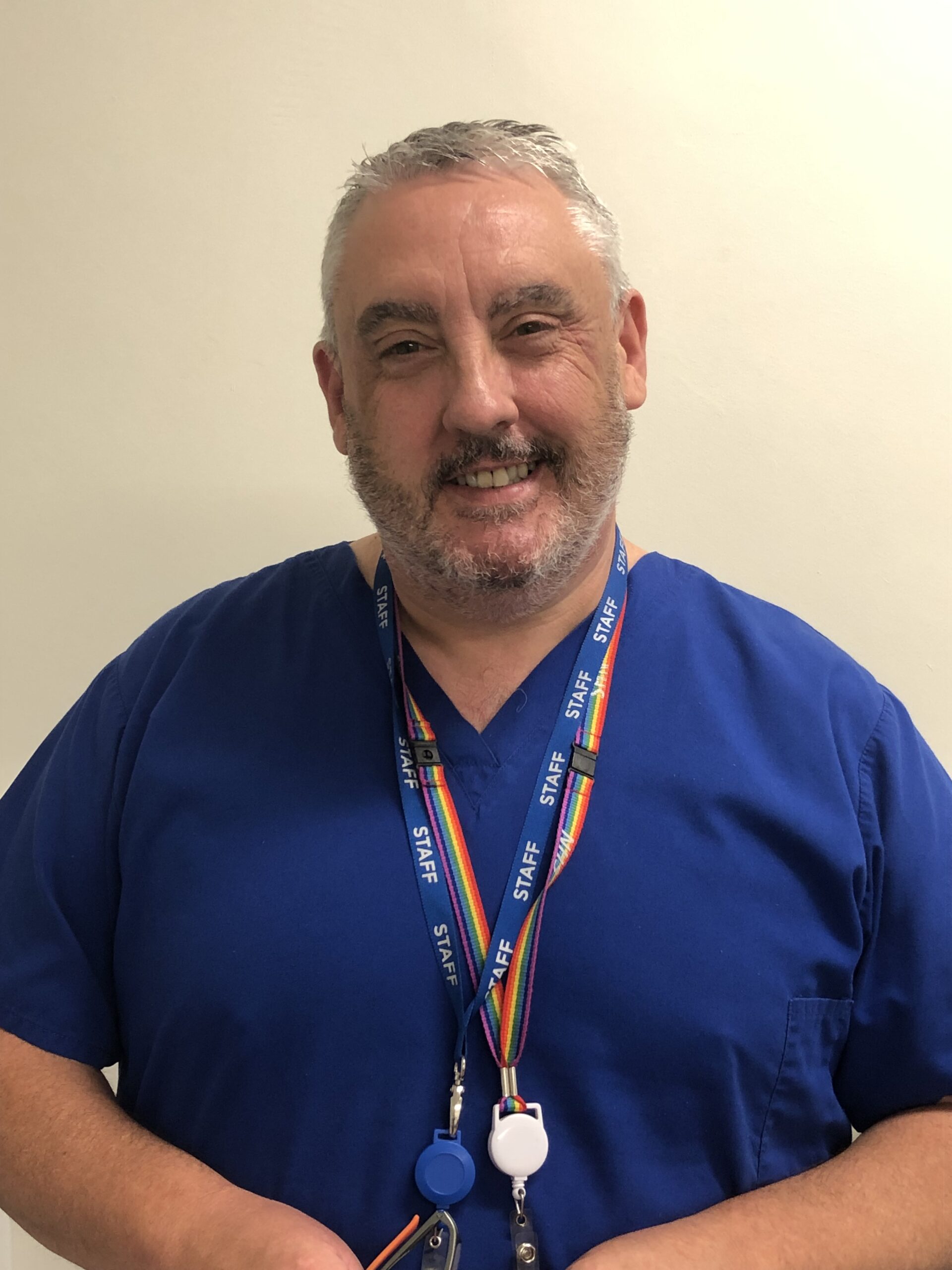Doctors
General practitioners (GPs) treat all common medical conditions and refer patients to hospitals and other medical services for urgent and specialist treatment. They focus on the health of the whole person combining physical, psychological and social aspects of care.
Dr Hesha de Silva (f)

MBChB
GMC No: 4341734
GP Partner
Dr Ben Saw (m)

MB ChB MRCGP
GMC No: 6052108
GP Partner
Dr Rashmi Kalathara (f)

MRGCP BMBS
GMC No: 7083341
Salaried GP
Dr Lisa Milverton (f)

MBChB MRCGP
GMC No: 7263746
Salaried GP
Dr Emma Tulloch (f)

MBBS BSc MRCGP
GMC No: 7332499
Salaried GP
Currently on maternity leave
Dr Caroline Smith (f)

MBBS MA MSc
GMC No: 7090168
Locum, working Mondays
Dr Roger Sepping (m)

MRCGP BMBS BSc
GMC No: 7429091
Locum cover
Dr Robert Adams (m)

MBBS MRCGP
GMC No: 7263889
Locum cover
Dr Li Low (m)

MBBS
GMC No: 7083968
Locum cover
Nurses
Practice nurses are qualified and registered nurses. They can help with health issues such as family planning, healthy living advice, blood pressure checks and dressings. They are trained in and regularly carry out cervical smears. Practice nurses also run clinics for various long-term health conditions such as asthma or diabetes. Nurses can have additional skills and train as nurse practitioners. Some nurses can prescribe medication and are called nurse independent or supplementary practitioners.
Nurse Felicity Tucker (f)

Advanced Nurse Practitioner and Prescriber
Nurse Joanne Buckley (f)

Practice Nurse, RGN
Nurse Edna Manyusa (f)

Advanced Nurse Practitioner and Prescriber
Healthcare Assistants
Healthcare assistants support practice nurses with their daily work and carry out tasks such as phlebotomy (drawing blood), blood pressure measurements and new patient checks. They also perform wound checks and assist with the removal of stitches and staples, and are trained to give most injections, such as the flu vaccine. They may act as a chaperone when a patient or doctor requests one.
Ms Nana Peach (f)

Mr Stuart Crawley (m)

Practice Team
The role and responsibilities of a practice manager are varied. Generally, practice managers are involved in managing all of the business aspects of the practice such as making sure that the right systems are in place to provide a high quality of patient care, human resources, finance, patient safety, premises and equipment and information technology. They support GPs and other medical professionals with delivering patient services and also help to develop extended services to enhance patient care.
K O'Beirne
Registered Practice Manager (Operations)
K Akhurst
Practice Business Manager
Our administrative team support clinicians and management. They take on the administrative and secretarial tasks, leaving clinical staff able to focus more on their patients. Typical duties are varied but can include recalling patients for annual checks, typing letters and other documents, handling e-referrals, managing diaries and arranging meetings, managing post, emails and phone calls, dealing with enquiries and maintaining the appointment book.
Our receptionists provide an important link for patients with the practice and are your initial contact point for general enquiries. They can provide basic information on services and results and direct you to the right person depending on your health issue or query. Receptionists make most of the patient appointments with the GPs and nurses. They also perform other important tasks such as issuing repeat prescriptions and dealing with prescription enquiries, registering new patients, dealing with patient records and carrying out searches and practice audits.
Healthcare Team
Clinical pharmacists in GP surgeries resolve day-to-day medicine issues and consult with and treat patients directly. This includes providing help to manage long-term conditions, advising those taking multiple medicines and delivering clinical advice about treatments. They will also assist with communication across a patient’s care pathway, manage medicines shortages by suggesting suitable alternatives where appropriate, and align patient’s medications to that of hospital discharge summaries.
Ms Sravanthi Devabhakthuni (f)
Clinical Pharmacist
A paramedic in primary care can provide a rapid response to deteriorating patients and patients with long-term conditions, minor injuries, and minor illness. They also support patients who require wound care, have fallen, have musculoskeletal problems, and have urinary tract or respiratory infections. Paramedics can supply a range of medicines through patient group directions, including antibiotics and analgesics.
Paramedics support practices in responding to on the day demand by offering telephone triage or undertaking home visiting. They also support practices to improve access to care by managing minor ailments and seeing patients in care homes.
Mr James Miller (m)
Paramedic
A health visitor is a registered nurse who has received training particularly related to babies, children and pregnant women. Their role is to provide families with children under five years old with support and advice around the general aspects of mental, physical and social wellbeing. They attend our Child Health Clinics, which are run every 1st and 3rd Thursday of the month.
Ms Julie Ibude (f)
Health Visitor
The diabetes specialist nurses and diabetes specialist dietitians from the Hackney Diabetes Team visit our practice to conduct diabetes clinics.
The diabetes specialist nurse sees patients to discuss management of their diabetes; for assessment of blood glucose control; review of medication; problem-solving; and other education regarding diabetes.
The diabetes specialist dietitian sees patients to discuss dietary aspects of diabetes management; for dietary review when diabetes medication is changed, for example initiation of insulin therapy; and for weight management; or to discuss other aspects of diet and diabetes.
Ms Rebecca Atuahene-Mills (f)
Diabetic Specialist Nurse
Ms Marianne Ouaknin (f)
Diabetic Dietitian
The ACERs Heart Failure Service is a nurse lead service providing care to patients with diagnosed heart failure. They provide care in the Community to optimise medications, monitor symptoms and reduce the risk of a hospital admissions, provide Specialist Nursing input if patients are admitted to hospital and facilitate the discharge process and act as the liaison between GPs and the hospital.
Mr Arthur Tadique (m)
Heart Failure Nurse
Physiotherapists provide patients with expert diagnosis and treatment for musculoskeletal conditions and can prevent the need for referral to hospital. These physiotherapists can free up GP time by arranging swift access to a specialist where necessary and offer direct treatments. Some physiotherapists who hold advanced level training (advanced care practitioners) can manage complex conditions, arrange tests such as scans, diagnose problems, and work out a management and treatment plan such as joint injections that would previously have been organised by a GP.
Ms Jodie Fisher (f)
First Contact Practitioner
Physiotherapist
Ms Leanne Simmons (f)
First Contact Practitioner
Physiotherapist
WellFamily Plus supports people over the age of 16, who experience mild to moderate mental health difficulties. This service offers holistic assessments, advice, and information, emotional and practical support.
Ms Mizgin Arslan (f)
Family Action WellFamilyPlus Service
Social prescribing involves helping patients to improve their health, wellbeing and welfare by connecting them to community services which might be run by the council or a local charity. Social prescribers can take the time to talk about what matters to patients and support them to find suitable activities that are a better alternative to medication. They connect people to community groups and services for practical and emotional support.
Ms Sehriban Suyur (f)
Social Prescriber


